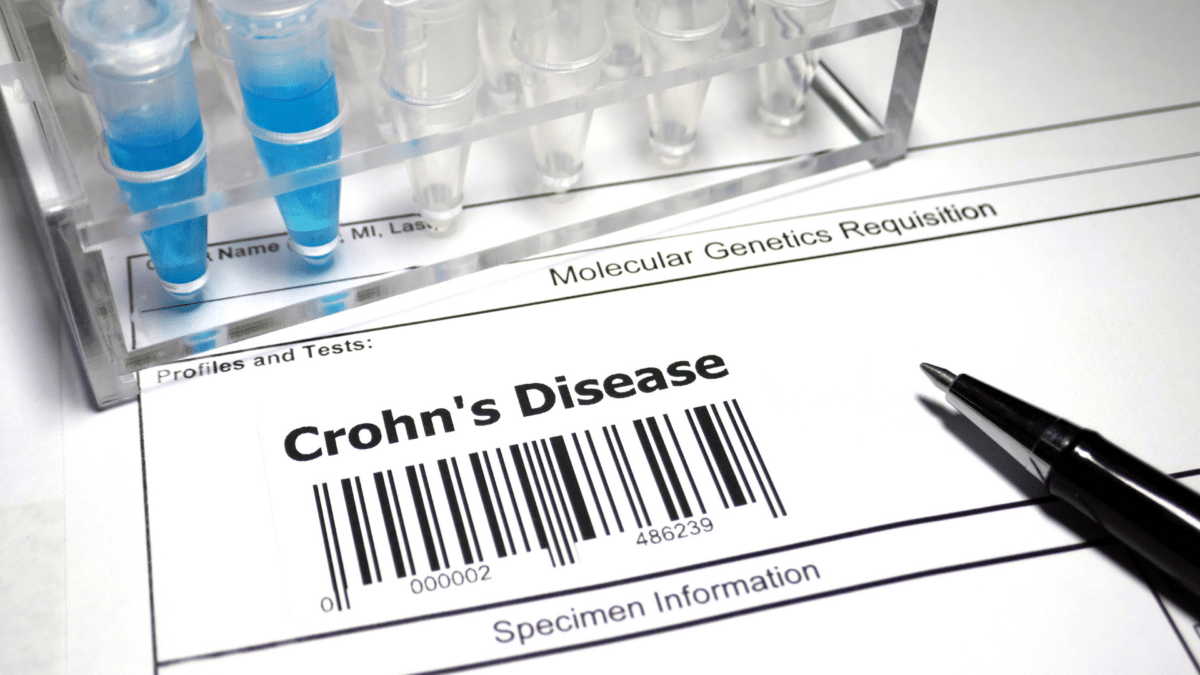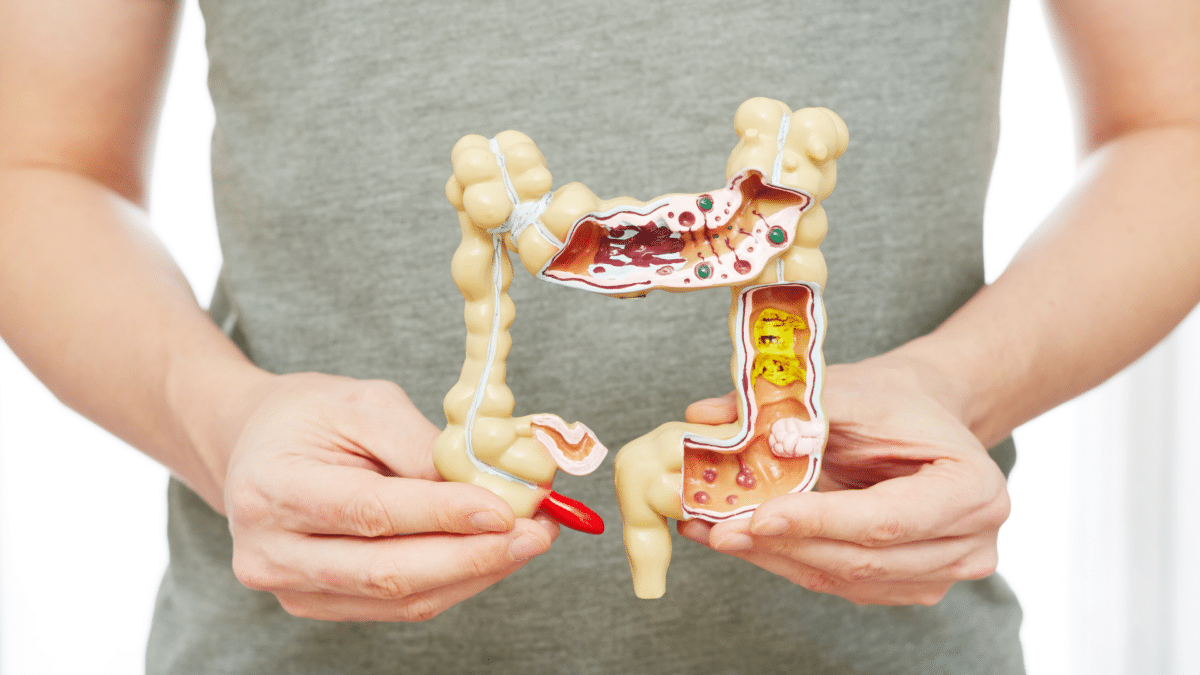Crohn’s Disease & Crohn’s Colitis
The sufferer of Crohn’s disease or ulcerative colitis can experience both physical and emotional hardship. People suffering from these chronic inflammatory bowel diseases usually experience unpredictable symptoms which can disrupt daily routines, affect work and relationships, and decrease the quality of life in general. For those who are being treated for Crohn’s disease, utilizing the services of a Crohn’s disease specialist in Atlanta may make a big difference in managing your condition.
In Johns Creek, our gastroenterology centre caters to the Atlanta area. Patient-centered care is provided at the clinic for those suffering from Crohn’s disease and Crohn’s colitis. Individuals who have Crohn’s disease seek out experienced gastroenterologists after searching for “Crohn’s disease doctors near me” or “Crohn’s specialist near me.” These individuals are looking for a healthcare team which is able to provide the long-term support that patients require, as opposed to only treating the symptoms temporarily.


Understanding Crohn’s Disease and Crohn’s Colitis
People with Crohn’s disease or Crohn’s colitis have chronic inflammation in the gut. This is one of the characteristics of inflammatory bowel disease. Both options are analogous in many respects, but differ significantly in a number of key areas. Inflammation in Crohn’s disease can take place anywhere along the digestive tract, in any section, and may be seen throughout. The conditions of Crohn’s disease and colitis are frequently referred to as Crohn’s ileitis if the terminal part of the small intestine, known as the ileum, is involved primarily.
The symptoms can differ significantly according to the site of inflammation and its seriousness. These symptoms may persist and include long-lasting abdominal pain, chronic diarrhea, rectal bleeding, a feeling of tiredness, a loss of weight, and a loss of appetite. Several other symptoms that individuals may suffer from include inflammation of the eyes, skin disorders or joint pain. Crohn’s disease specialist in Atlanta needs to be consulted for ongoing care since the symptoms may vary between flare-ups and periods of remission.
Diagnostic Evaluation
Inflammatory bowel disease may be diagnosed using several different types of tests. Blood tests can show if there is inflammation or anaemia, or if there are any nutritional deficiencies. Other tests involve examining stool to check for the presence of infection. The use of imaging techniques like CT scans or MRI enterography is employed to assess possible complications or inflammation within the small intestine, as well as to determine the presence of any strictures. During endoscopic procedures, the inside of the oesophagus, stomach or bowel can be visually inspected. This can also be used to take a biopsy, which is then examined in a laboratory to confirm the diagnosis.
A thorough diagnostic procedure helps our medical team establish the extent and severity of your condition, which is essential for creating a tailored Crohn’s disease treatment in Atlanta.
Treatment Options
The aim of Crohn’s disease as well as ulcerative colitis treatment is to prevent or reduce the inflammation and symptoms that occur. Every individual undergoing treatment has a unique therapy regimen tailored to their specific condition.
Our center has a comprehensive treatment programme which features corticosteroids in the form of anti-inflammatory medications for flare-ups, immunomodulators, various biologic treatments for the particular bodily processes which are overactive, and other treatments. Treatment for certain conditions involving an antibiotic may be prescribed in some cases where complications are present. In cases where patients’ Crohn’s disease does not react well to treatments, an operation might be required to remove diseased portions of the intestine or treat potential complications. These complications might be intestinal blockages or abscesses.
Those suffering from Crohn’s often require a medical professional who can adjust treatment plans as their condition changes and seek out a “Crohn’s disease doctor near me” as a result. We work in collaboration with our patients to monitor their response to our therapy and make the necessary changes to our treatment plans in order to achieve long-term health.

Lifestyle Modifications
While medical treatment is an essential part of managing Crohn’s disease, there are many other factors to consider in controlling the illness. Adjusting one’s lifestyle is crucial in cutting down flare-ups and enhancing one’s general state of well-being. A variety of eating plans can be effective for some people who have digestive problems, but others find more success with different approaches. Patients may find relief by reducing portions at meal times and selecting foods which provide a lot of nutrients and are easier to digest. Also, trigger foods should ideally be avoided.
Essential to disease management are regular exercise, stress reduction, adequate rest, and drinking plenty of water. People who have Crohn’s disease ought to give up smoking since evidence indicates that smoking can have a detrimental effect on this condition. A Crohn’s disease specialist in Atlanta can help develop and implement a comprehensive plan combining a Crohn’s disease diet with medical treatment.
Schedule an Appointment
Crohn’s disease doesn’t have to control your life. Those who receive suitable care are generally able to control their symptoms, maintain a state of remission and in fact enhance their life quality. Atlanta residents with Crohn’s disease will have their condition treated by a specialist at our Atlanta gastroenterology clinic.
Our team provides a second opinion or an initial diagnosis for inflammatory bowel disease if you are searching online for Crohn’s disease doctors near me. Take the initial step towards a healthy future by calling our centre to arrange an appointment today.






